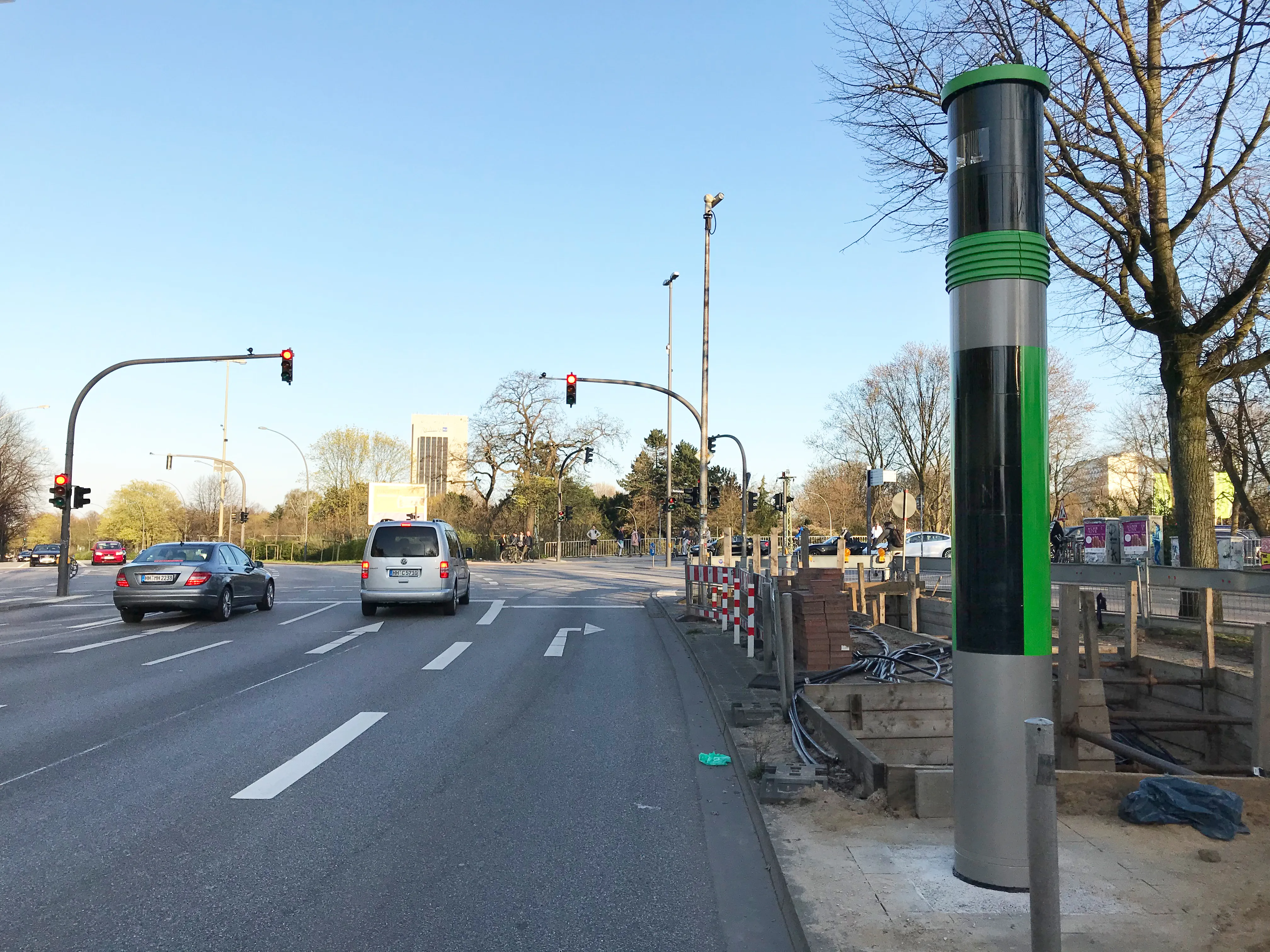In a bid to improve conditions for cyclists in Minneapolis, Global Traffic Technologies (GTT) using existing infrastructure and its Canoga 9004 system to detect and react to bikes at intersections. The traffic detection system is now able to recognise both vehicle and bicycles and the Canoga card reacts quickly enough to give cyclists a green light without needing to slow down or wait at the intersection or navigate a red light.
Previously, only vehicles would trigger green traffic signals at intersectio
July 14, 2016
Read time: 2 mins
In a bid to improve conditions for cyclists in Minneapolis, 542 Global Traffic Technologies (GTT) using existing infrastructure and its Canoga 9004 system to detect and react to bikes at intersections. The traffic detection system is now able to recognise both vehicle and bicycles and the Canoga card reacts quickly enough to give cyclists a green light without needing to slow down or wait at the intersection or navigate a red light.
Previously, only vehicles would trigger green traffic signals at intersections, which meant that a cyclist halt at an intersection undetected, waiting for a car to approach to activate the signal.
Where possible, the city wanted to implement bicycle detection at key signalised intersections, without investing in expensive detection technologies and leveraging the existing infrastructure, avoiding cutting new loops or mounting new pole-based detection technologies.
Using the existing advanced detector loops and the Canoga 9004 traffic sensing technology in the traffic cabinet, the traffic department was able to detect and classify bicycles with enough time to trigger the intersection green lights before the cyclist has arrived. This information is also calculated, recorded and stored for subsequent data retrieval through an Ethernet-enabled connection.
Previously, only vehicles would trigger green traffic signals at intersections, which meant that a cyclist halt at an intersection undetected, waiting for a car to approach to activate the signal.
Where possible, the city wanted to implement bicycle detection at key signalised intersections, without investing in expensive detection technologies and leveraging the existing infrastructure, avoiding cutting new loops or mounting new pole-based detection technologies.
Using the existing advanced detector loops and the Canoga 9004 traffic sensing technology in the traffic cabinet, the traffic department was able to detect and classify bicycles with enough time to trigger the intersection green lights before the cyclist has arrived. This information is also calculated, recorded and stored for subsequent data retrieval through an Ethernet-enabled connection.










